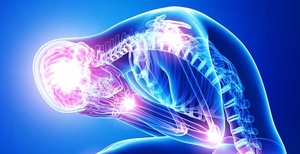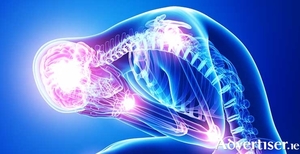Search Results for 'Sympathetic nervous system'
31 results found.
How to best cope with stress coming up to exams

A huge part of academic life for students is exams, and with them comes stress and the desire to do well. Students react in a number of ways when they are stressed – they become anxious, lack sleep (or sleep too much), they can become nervous, lose their appetite, and have difficulty concentrating. In order for every student to work to their full potential for the best outcomes, it is essential that exam stress is managed appropriately. Let’s look at a few strategies that may help as the exams approach.
How stress affects the body

Acute stress is a response to imminent danger, it turbo charges the system with powerful hormones that can damage the cardiovascular system.
Managing stress and maximising performance during Leaving Cert exams

There is less than a week to go until this year's Leaving Certificate class sit down to take the first written paper.
Methods for Reducing Stress - Part 2
1. Spend more time helping others.
How Stress Affects the Body

Acute stress is a response to imminent danger, it turbo charges the system with powerful hormones that can damage the cardiovascular system.
Reduce stress for better mental health

Stress is a serious problem for a lot of people in this busy modern world and its health repercussions are very worrying.
Bio Energy clinics in Mayo
Acute stress is a response to imminent danger, it turbo charges the system with powerful hormones that can damage the cardiovascular system. Chronic stress can occur in response to everyday stressors that are ignored or poorly managed, as well as exposure traumatic events. Adrenal glands react to the alert by releasing epiniphrine/adrenaline, which makes the heart pump faster and the lungs work harder to flood the body with oxygen. Digestion then shuts down. This can cause significant damage and numerous symptoms.
HSE booklet for people coping with flooding devastation
The HSE has set up a helpline for those feeling emotionally overwhelmed by the devastation caused by the recent severe flooding.
Stress is not in the mind
Acute stress is a response to imminent danger, it turbocharges the system with powerful hormones that can damage the cardiovascular system. Chronic stress can occur in response to everyday stressors that are ignored or poorly managed, as well as exposure to traumatic events. Adrenal glands react to the alert by releasing epinephrine/adrenaline, which makes the heart pump faster and the lungs work harder to flood the body with oxygen. Digestion then shuts down. This can cause significant damage and numerous symptoms.

